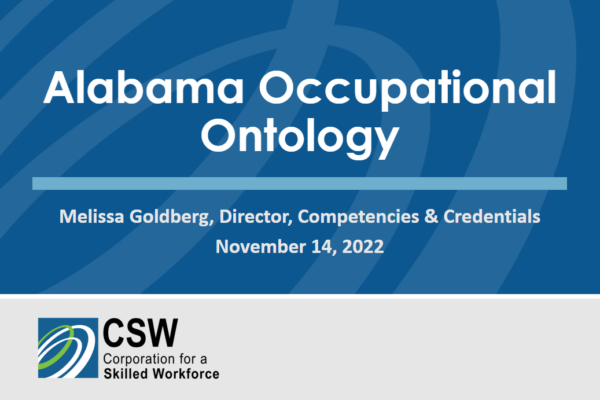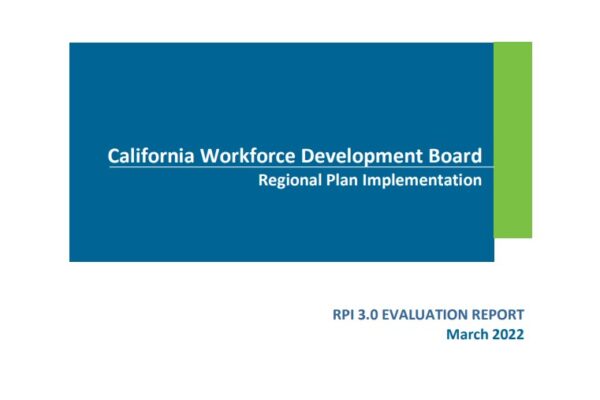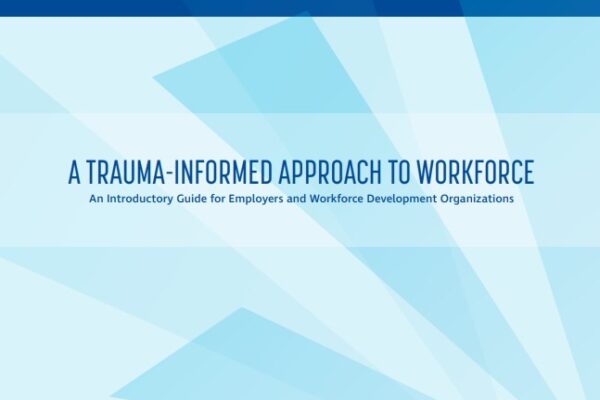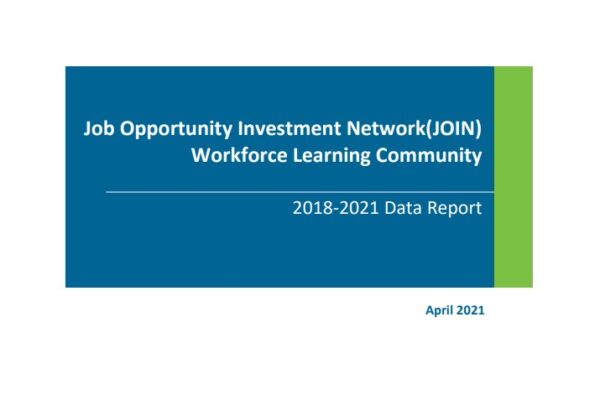ACE-UP Website
The purpose of ACE-UP is to design and uplift strategies colleges can employ to help their industry partners create more inclusive workplace environments leading to worker retention, advancement, and economic success.

Alabama Occupational Ontology
Provide an organizing construct for users of the Alabama Skill-Based Job Description Generator to easily search for, locate, and select competencies needed to build competency/skill-based job descriptions.

Credential As You Go Playbooks
Credential As You Go Playbooks are “how-to” guides to provide topics, policies and practices that support developing an incremental credentialing system.
Recertification: A Distinguishing Feature of Certifications
This report provides an overview of the recertification process, how it varies among certifications, the extent to which it achieves its stated purposes, and recommendations for improvements. Given that recertifications (also referred to as maintenance, renewal, or continuing competency) can help protect the public by ensuring holders have up-to-date knowledge and skills, the research asserts that understanding the recertification process will better enable the attainment and maintenance of certifications.
Accreditation Standards: The Primary Source of Quality Assurance for Certifications
This report discusses how the surge of new, non-degree credentials poses a challenge for individuals when determining credential quality and making decisions about how to value them. The authors examine how and why quality assurance is particularly important for certifications. Additionally, research based on interviews with individuals at certification bodies reveals a broad consensus by the certification community that quality certifications are those that align with standards for personnel certifications, among other findings.

Certifications as Tools for Promoting Economic Mobility
This report examines the characteristics of quality certifications and how they can be utilized as valuable tools for increasing the economic mobility of workers and expanding the talent pool for employers. The research supports a call for improved data collection and research on certifications and their outcomes, increased commitment to building a more interconnected credentialing system, and a greater role for employers in transforming this system.

Understanding Certifications
This report is intended as a primer to help policymakers and practitioners navigate the complex and little understood landscape of certifications. The report highlights how individuals who earn certifications and licenses fare better in the labor market at a time when enormous economic shifts predating and accelerated by the COVID-19 pandemic created a challenging job market. The report also examines how some certifications can offer short-term pathways to employment, a valuable option for working adults and low-income populations.

Certifications: The Ideal, Reality, and Potential
The final report of the series summarizes key findings that emerged during the project and identifies topics that warrant further research. It also offers several recommendations, including that certification bodies should improve their internal processes and practices, and governments and employers should encourage wider reliance on certifications in hiring…

California’s Workforce Development Board: RPI 3.0
RPI 3.0 represented a significant step forward in California’s ongoing effort to promote a regional approach to workforce development.

A Trauma-Informed Approach to Workforce (Provided by the National Fund for Workforce Solutions)
This is a new area for most employers and workforce development professionals. The coronavirus pandemic has been toxically stressful or traumatic for everyone to some degree. Given the universal human stress test of 2020 and 2021, there is a window of opportunity to bring these concepts and approaches to the fore in workplaces and the broader workforce system.
Four Key Strategies That Support State Integration of WIOA and TANF Services
While there has been a high level of interest in integrating these programs, most efforts to integrate have been modest. The research presented in this brief highlights four key strategies states can implement to bolster their integration efforts.

Job Opportunity Investment Network (JOIN) Workforce Learning Community: 2018-2021 Data Report
These summary findings provide a snapshot in time (November 2020) of the outcomes for the JOIN CBOs that participated in the Fall 2019/Winter 2020 WBN survey. Data submitted to the national WBN survey were analyzed from 14 JOIN programs operated by 14 organizations and 77 National programs from 51 organizations.

